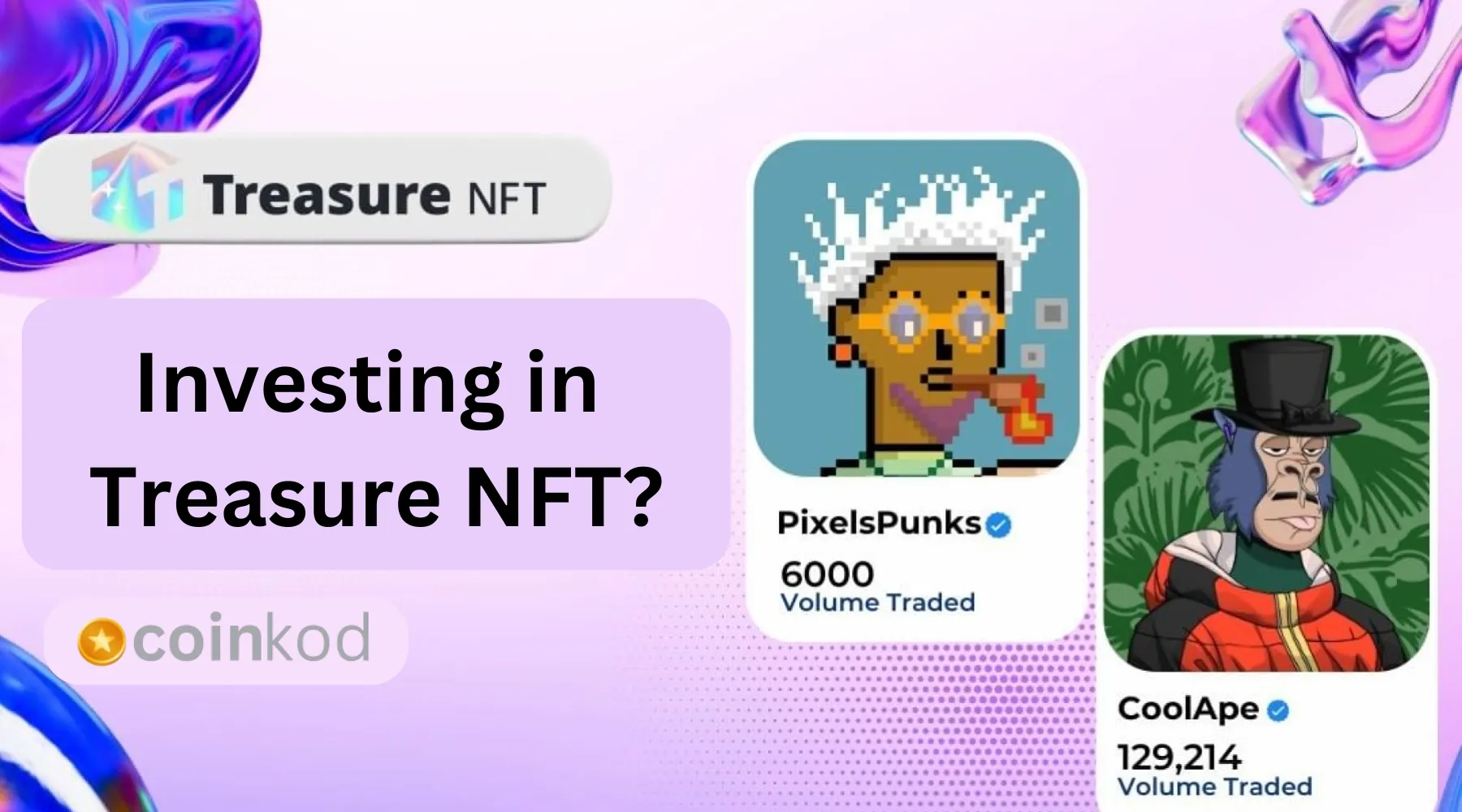Definition of Treasure NFTs
Treasure NFTs, short for Non-Fungible Tokens, represent unique digital assets often associated with art, collectibles, and various digital treasures. Unlike regular cryptocurrencies like Bitcoin, which are identical and can be exchanged on a one-to-one basis, Treasure NFTs offer distinct qualities that make each one unique.
Distinction between NFTs and traditional assets
Traditional assets, like stocks or real estate, usually have tangible forms and widely understood market values. Treasure NFTs, in contrast, exist only in the digital space and derive their value from scarcity, ownership, and the emotional connection they build among buyers. Each Treasure NFT tells a story or holds significance, influencing its perceived worth.
Examples of Treasure NFTs in various markets
From digital art pieces selling for millions at auctions to virtual land in online metaverses, Treasure NFTs span various markets. Projects like CryptoPunks or Bored Ape Yacht Club have gained notoriety for not only their artistic value but also the community and culture surrounding them. Each NFT in these collections has a unique trait that drives collectors’ desires to own them.
Origins of the NFT market
The NFT market began to gain traction around 2017 with projects like CryptoPunks, introducing the concept of owning digital art and assets. Enthusiasm grew as artists and coders began exploring the possibilities of this new space.Evolution of Treasure NFTs over time
From simple collectible tokens, the NFT market has surged to include complex digital art, music, virtual property, and gaming assets. As technology evolves, so too do the uses of NFTs, expanding beyond mere collectibles.
Early adopters and notable projects
Pioneers who embraced NFTs early on, like Beeple and Larva Labs, have shaped much of the market. Their success stories have attracted countless artists and investors, promoting a culturally rich and diverse environment for digital creations.
Investment in Treasure NFT
The evaluation of Treasure NFT’s legitimacy is still a point of debate with positive and negative aspects. Some evaluations suggest that it possesses indicators of a fraudulent website, having a domain recently registered and concealed WHOIS details which are notable features of scam websites. In fact, the same project received conflicting reviews both good and bad which can also be an indication of such a review having been paid for or a fake one.Since NFTs are high-risk assets and there may be evaluative scams in the future, it is a good idea to allocate these investments over several platforms network and not only highly trustable for now and not forever Treasure NFT
Common Types of NFT Scams
- Fake NFT projects and copycat sites The rise of NFTs has bred copycat projects pretending to offer genuine products. Users need to be cautious of websites that may resemble legitimate platforms.
- Phishing attacks and wallet hacks Scammers often target digital wallets. Recognizing these attacks and following best practices for online security is vital.
- Pump and dump schemes These schemes involve artificially inflating an NFT's price through coordinated hype before a few people sell off for profit, leaving others at a loss.
Conclusion
The journey through Treasure NFTs reveals a fascinating blend of technology, art, and investment opportunities tailored for digital enthusiasts.Navigating this space requires research, caution, and an understanding of not just the treasures at stake but the risks involved.
FAQs
What are the advantages of investing in Treasure NFTs?
Treasure NFTs offer unique ownership, potential appreciation, and the joy of supporting creators directly.
How can I identify a legitimate Treasure NFT project?
How can I identify a legitimate Treasure NFT project?
Research the creator, read reviews, and verify that the project has a solid community presence.
Tags
Reviews

.webp)
.jpg)
